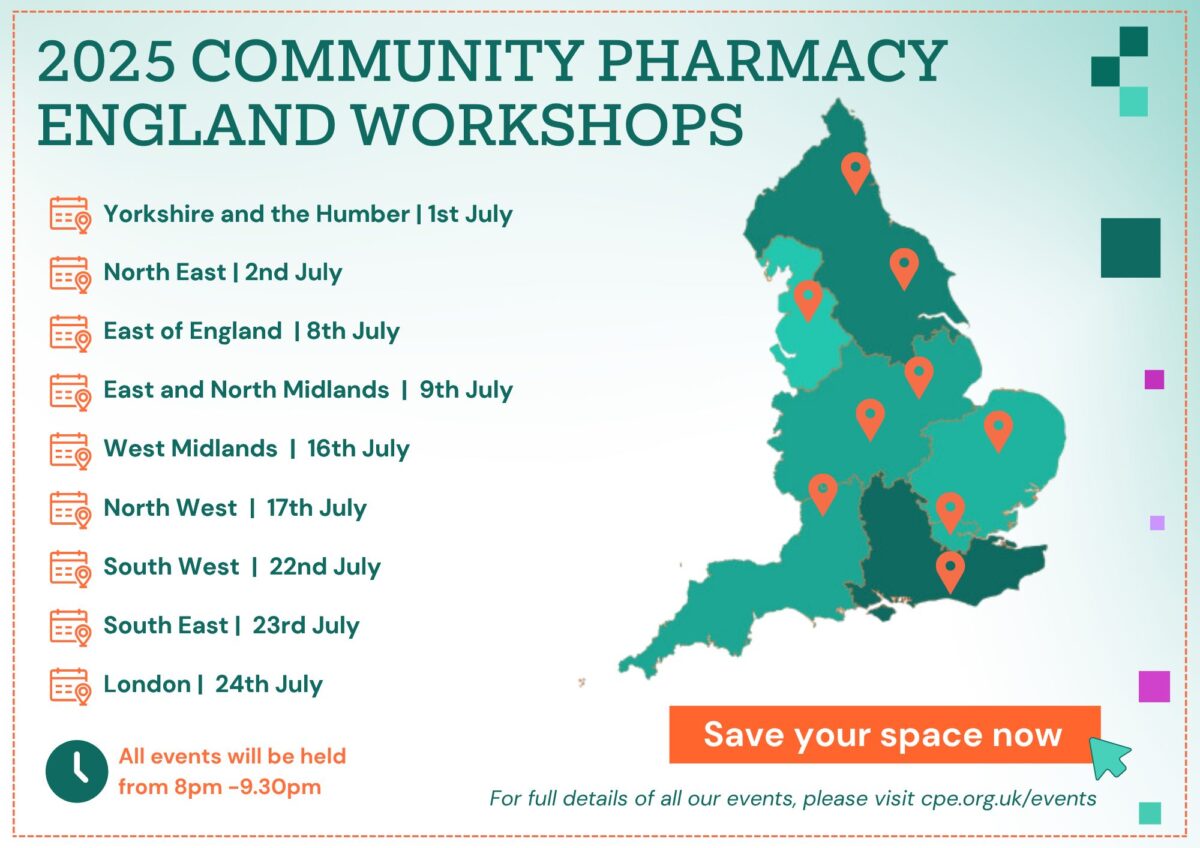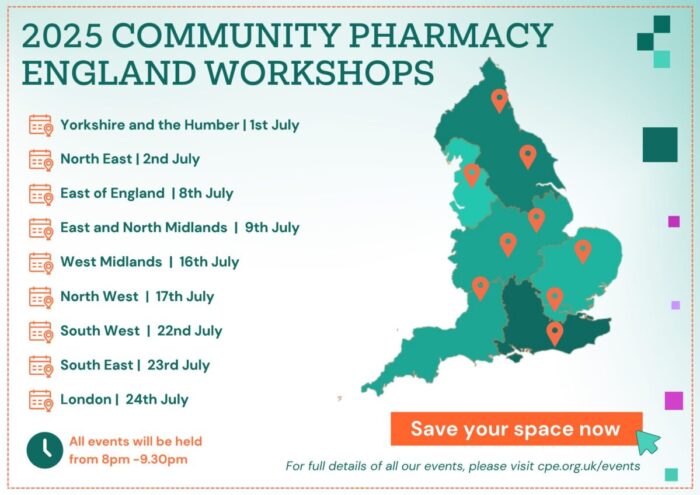Service case study: Community pharmacy teams’ pivotal role in integrated hepatitis C care pathway (August 2016)
Published on: 20th February 2017 | Updated on: 28th March 2022
An evaluation of a hepatitis C virus (HCV) testing service pilot has shown that community pharmacy teams on the Isle of Wight have undertaken a pivotal and innovative role in linking up patients with HCV to local specialist organisations.
The pilot took place over a period of nine months from September 2014 to May 2015 and saw people with a variety of risk factors get tested for and diagnosed with HCV.
Why was the service set up?
It was estimated that only a third of patients with known HCV on the Isle of Wight were actively engaged in specialist care. In this pilot, community pharmacies were integrated to selectively target patients for screening and facilitate their navigation to other parts of the healthcare system.
What did the service involve?
Pharmacy teams offered testing to users of the needle and syringe programme and opiate substitution therapy; self-referrals were also welcomed since an island-wide advertising campaign encouraged people to get tested, irrespective of whether or not they were injecting drug users.
Patients who accepted the test underwent pre-test counselling with the pharmacist, followed by a dry blood spot sample which was sent to the laboratory. Patients who tested positive for hepatitis B or HCV received a follow-up invitation by e-mail, where a member of the hepatology team attended the pharmacy to consult with them and arrange for further testing. Those who tested positive for HIV or syphilis were referred to the local sexual health clinic.
What does the evaluation show?
The data from the pilot was compared with activity at the island recovery integrated service (IRIS) centre over the same time period. A total of 88 tests were performed in community pharmacy, and 34 tests undertaken at the IRIS centre. The majority of the patients were recruited by the pharmacy; only 18% self-presented as a result of the publicity of the campaign. Of all patients tested, 7% were found to be positive for HCV.
In total, 44% of participants engaged in this service reported that they had been previously injecting drugs and not engaged at the IRIS centre.
The evaluation concludes that pharmacy-based testing for blood-borne viruses can reach out to patients with more diverse risk factors, who may not be engaged with or known to local drug and alcohol services and so are less likely to have been tested previously. It also suggests that community pharmacy offers the accessibility and convenience to become a venue for community-based HCV treatment in the future.
Further details on this service and other blood-borne virus screening services can be found on the Community Pharmacy England Services Database.
For more information on this topic please email comms.team@cpe.org.uk












